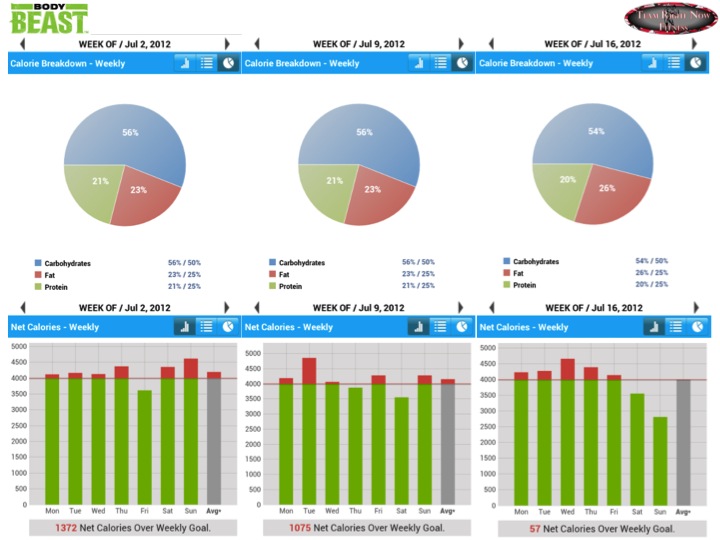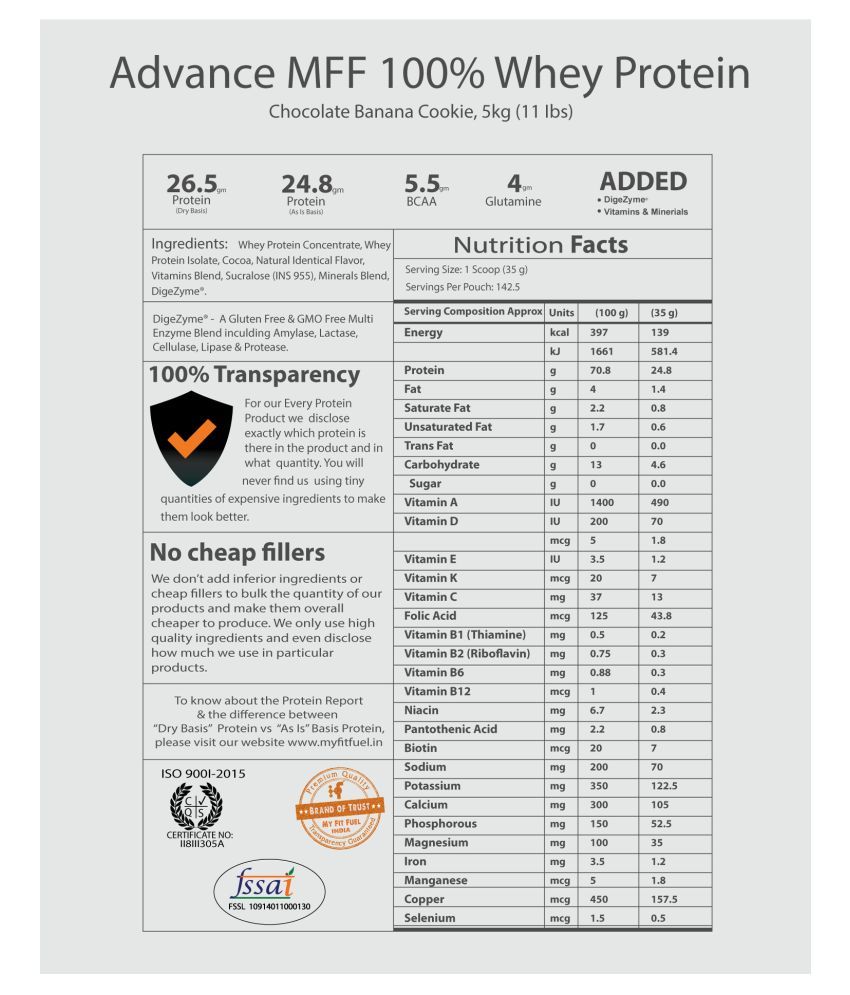

The good news is, tracking consistently is proven to help you reach your goals. In its guidance for the food industry, the USDA sets a plus or minus buffer of 20%, meaning it’s acceptable for calorie counts to be over- or underestimated by 20%. It’s worth noting calorie and macro counts aren’t always totally accurate on food labels. Whether you count calories, macros or both, tracking your food helps you learn about how you eat and helps you become more consistent with recognizing portion sizes.

In fact, research shows keeping a food diary is one of the most effective weight-loss strategies. Without recording your food intake, it can be easy to overeat and often takes longer to reach your goals. One of the main reasons tracking is so useful is people aren’t great at remembering or estimating what and how much they’ve eaten, research finds.


 0 kommentar(er)
0 kommentar(er)
